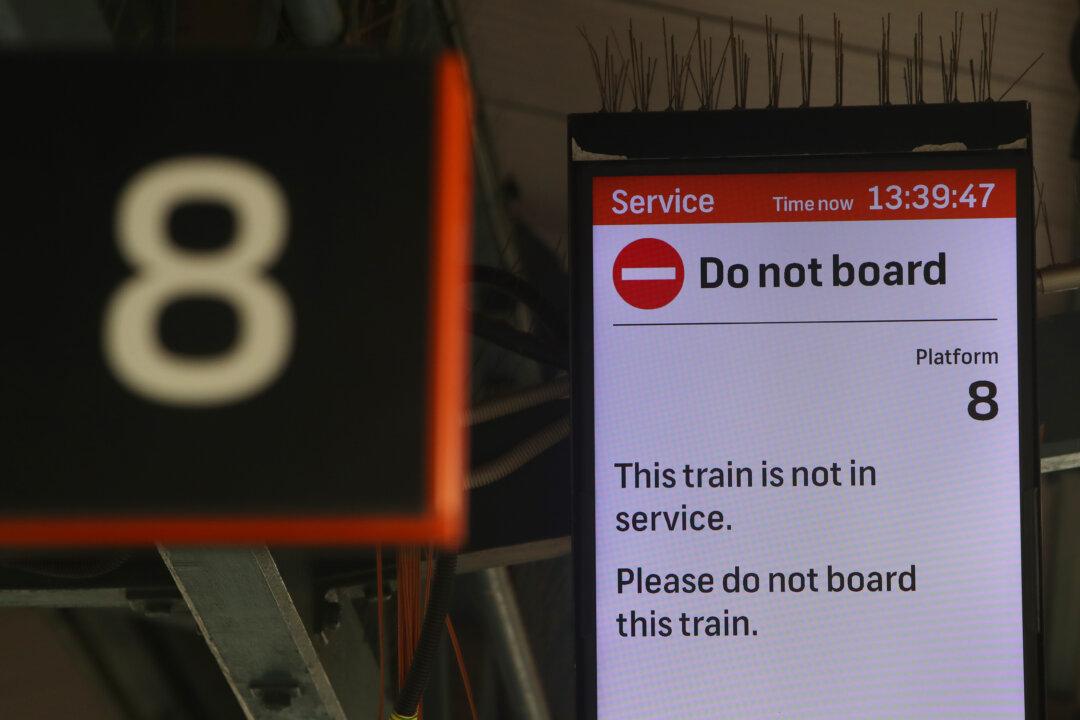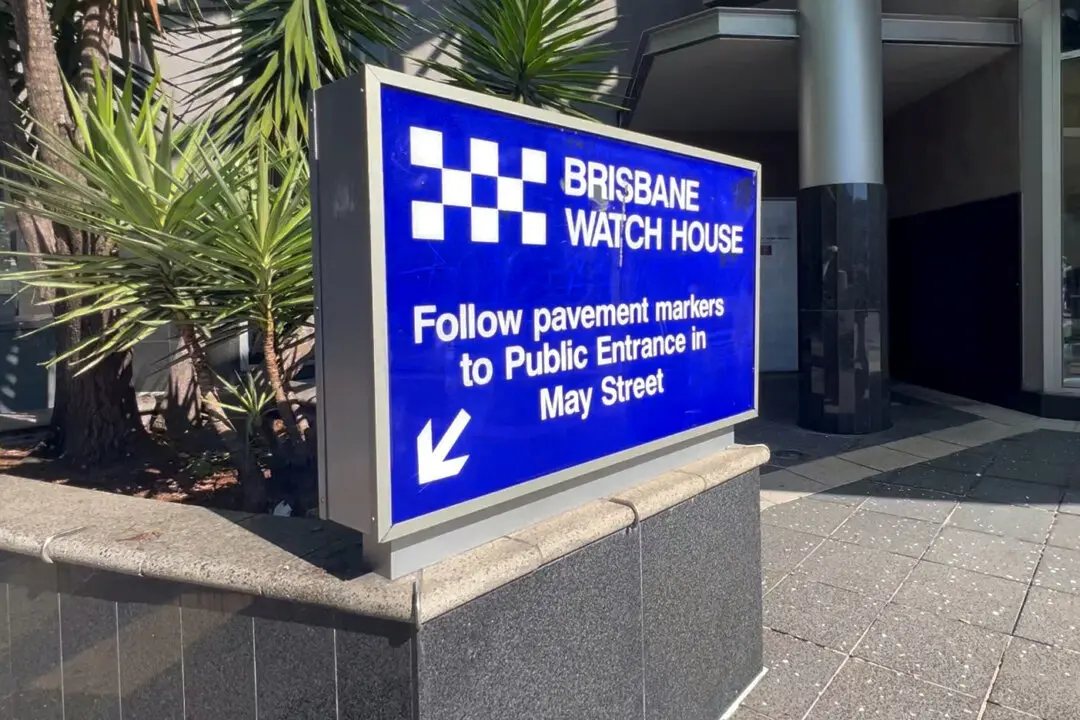Australia’s largest economy is grinding to a slow halt as Sydney’s major train lines—critical arteries to transport workers to the CBD—get cancelled amid industrial action.
On the morning of Jan. 14, major services including the T1 North Shore and Western line, the T4 Eastern Suburbs and Illawarra line, and the T8 Airport and South lines were cancelled or delayed.





